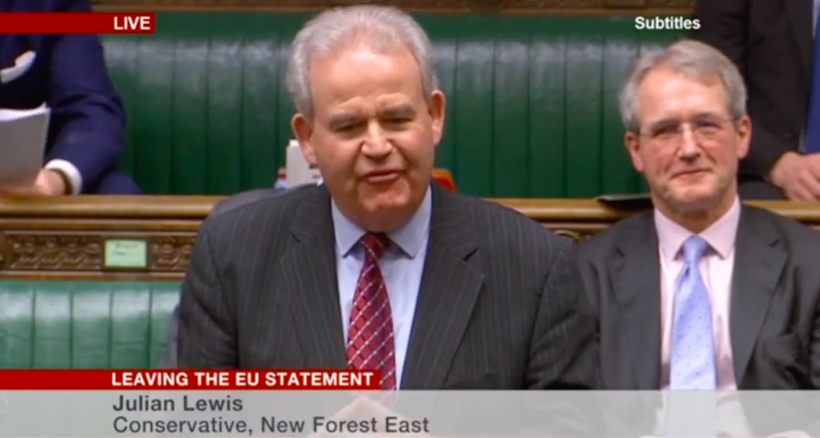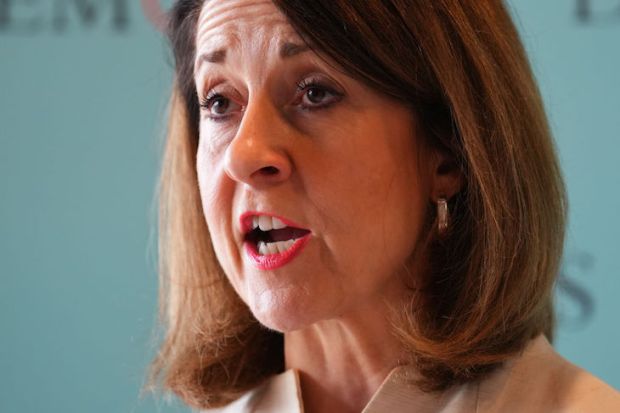Boris Johnson hasn’t had as much authority over his MPs as he might have expected over the past few months. Tonight, after Number 10 failed to install Chris Grayling as its preferred, loyal, candidate as chair of the Intelligence and Security Committee, it has tried to offer a show of strength by removing the Tory whip from Julian Lewis, who led a successful coup with the help of Labour MPs.
This is a high stakes move. Firstly, Lewis is one of the most instinctively Tory members of the parliamentary party and has dedicated his career to a series of very Conservative causes, particularly defence, the nuclear deterrent, and Brexit. He also campaigned against the infiltration of the Labour party by the Militant tendency in the 1970s. Unlike some of the other Conservatives who’ve had the whip removed by Johnson in the past, he is not someone who would sit comfortably in any other party. He is also generally held in affection by his colleagues, who tend to see him as a kind, nerdy sort.
Secondly, MPs across the House tend to react very badly to attempts by the executive to erode the power of the legislature with cunning plans. Look further back than Brexit to the rows over attempts to stitch up John Bercow’s position as Speaker, and you’ll see that many Tory MPs lose their tempers when they think No. 10 is trying to diddle Parliament.
But even if MPs let this slide, there is a longer-term risk, which is that of the politicisation of the ISC. This Committee is the least political of all those that meet in parliament, and its members have, in the past, tended to take their roles very seriously. This move against Smith opens the door for Tory members of the committee and the scorned Grayling to create divisions over the release of the committee’s report into Russian interference in British politics – better known as the ‘Russia Report’. Given the remit of the ISC, this is a potentially dangerous road to go down.
Got something to add? Join the discussion and comment below.
Get 10 issues for just $10
Subscribe to The Spectator Australia today for the next 10 magazine issues, plus full online access, for just $10.





















Comments
Don't miss out
Join the conversation with other Spectator Australia readers. Subscribe to leave a comment.
SUBSCRIBEAlready a subscriber? Log in